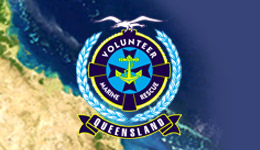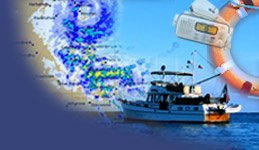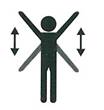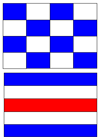Monitor and Control Compliance with Applicable Maritime Legislation | Rendering Assistance |
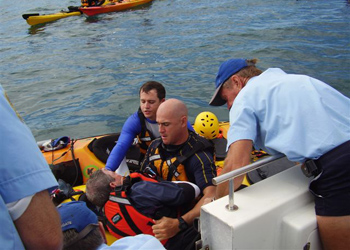 |
Duty to Render Assistance
All ships are bound to render assistance to persons in distress unless:
- they are unable
- assistance is unnecessary (others providing)
- in the conditions, it is unreasonable.
Distress Signals
The following signals, used or exhibited either together or separately, indicate distress and need of assistance:
If you are in distress use the following signals:
|
|
|
|
|
|
|
|
|
|
|
|
|
|
|
Single Letter Signals
|
Responding to Distress Call
The master of a ship or aircraft in distress may, after consultation as far as practicable with the masters of ships that answer the call for help, requisition the ship(s) that are considered best able to help. The master of a requisitioned ship must go as quickly as possible to help the persons in distress.
The master of a ship that has not been requisitioned is informed of the requisition of another ship and that the other ship is complying with the requisition, the master is released from the obligation to assist.
If the master of a ship is informed by persons in distress, or by the master of another ship that has reached persons in distress, that help is no longer necessary, the master is released from any obligation in relation to the persons.
Responsibility to Record
The master of a ship must make a record:
- of any information received by the master that persons on or from a ship or aircraft are in distress at sea
- if the master did not go as quickly as possible to help the persons, the reasons.
| back to top |
